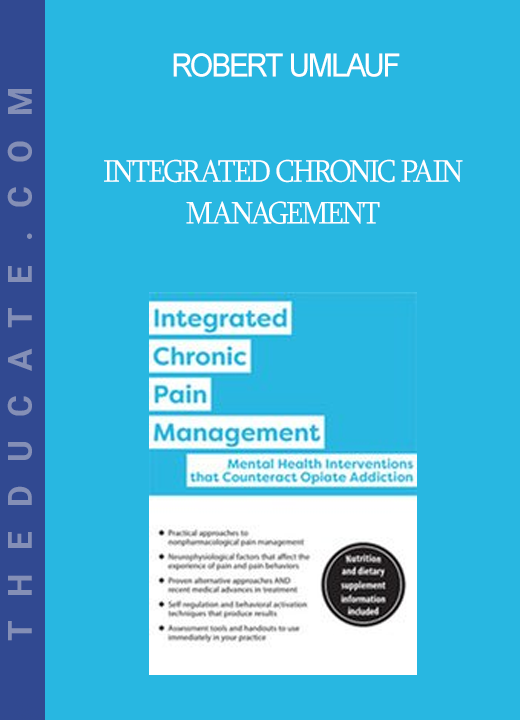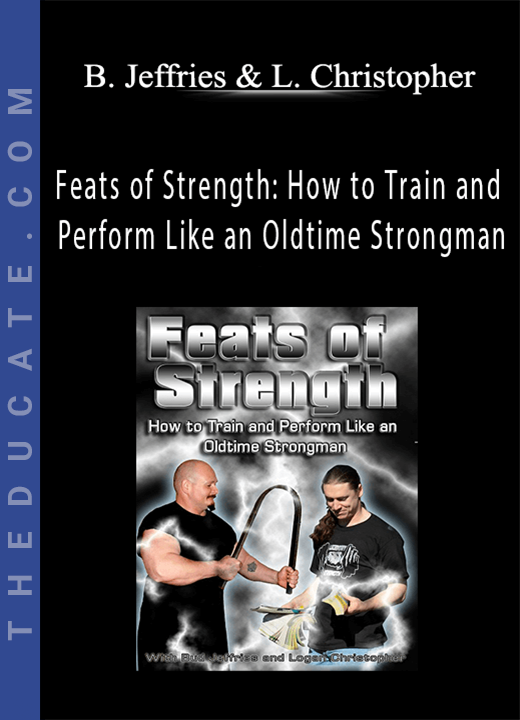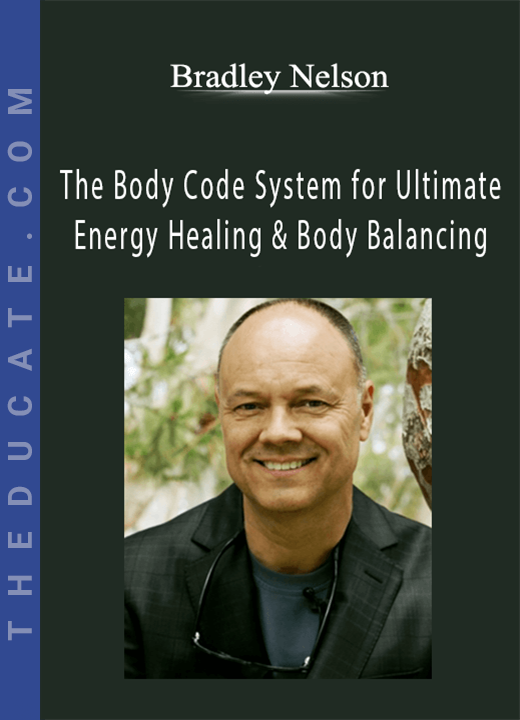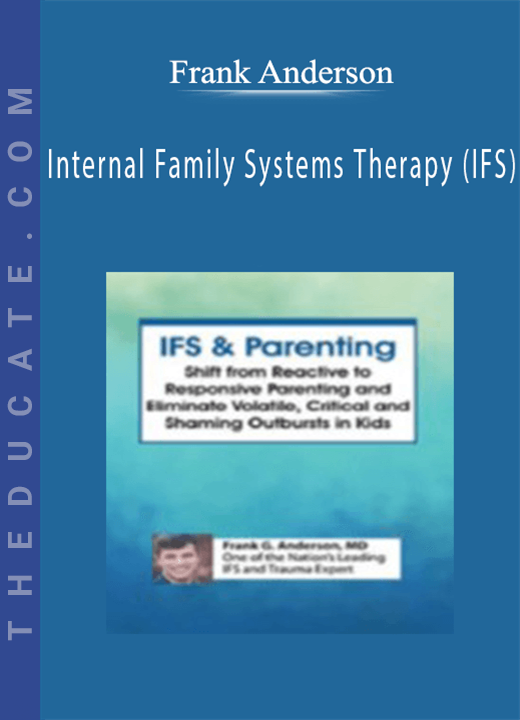Description
-
Robert Umlauf – Integrated Chronic Pain Management: Mental Health Interventions that Counteract Opiate Addiction
- Faculty:
- Robert Umlauf
- Duration:
- 5 Hours 48 Minutes
- Format:
- Audio and Video
- Copyright:
- Nov 08, 2017
Description
Pain Management is a Key Battleground in the 21st Century Opioid Epidemic
A history of mental illness and/or substance abuse are high risk factors for opioid addiction, so the clients we see in our practices every day are more susceptible to the dangerous trap of opioid dependency. With reports of opioid related addictions and deaths on the rise, doctors and their patients are actively searching for alternative ways to manage pain. Due to our training in the assessment and treatment of mental illnesses and addictions, behavioral health professionals are uniquely poised to battle opioid addiction by helping clients learn to manage their chronic pain without pills. However, many of us feel that we don’t have the training or current information to face the very real challenges of treating clients who are experiencing chronic pain.
With over 30 years of practical experience in the treatment of physical pain, Dr. Robert Umlauf prepares you for effective practice with clients who are at risk of, or already in, the trap of opioid addiction. He will help you expand your assessment abilities to include the neurophysiological, cognitive, emotional, and behavioral factors involved in the development of chronic pain syndrome. You will learn to use specific self-regulation and behavioral activation skills that can help any client manage pain better. Dr. Umlauf will also present new medical research, alternative medicines, the impact of diet and nutrition, and effective evidence-based treatments. He employs highly interactive, hands-on experiences in teaching multidisciplinary approaches to pain management.
Handouts
| Manual – Integrated Chronic Pain Management (5.59 MB) | 58 Pages | Available after Purchase |
Outline
CHRONIC PAIN: NEUROPHYSIOLOGICAL FACTORS, EXPERIENCES, AND PAIN BEHAVIORS
- How time from onset and type of pain play a role
- Pain Egg and nociception
- Psychophysiology of pain as a PERCEPTION
- Smoke Alarm metaphor: acute vs. chronic pain
- Autonomic systems and power of retraining
- Pain vs. Suffering
- Historical predictors of developing chronic pain syndromes
OPIATE USE IN THE USA
- Pain Clinic History and shift towards increase in opiate prescribing
- What influences the drive toward increased prescribing?
- CDC Guidelines on opioid prescribing
- Opiate overdose deaths and addiction
- Screening tools for opiate abuse potential
PSYCHOLOGICAL ASSESSMENT IN PAIN POPULATIONS INCLUDING DIFFERENTIAL DIAGNOSES: LIMITS AND CONCERNS
- Use of tests and their limits
- MMPI-2-RF
- BBHI-2
- CES-D
- BDI
- Additional tests
- Intake interview components
- Primary Care coordination: strategy for collaboration with other professionals
- Tools to assess and treat mental processes that exacerbate pain
INTERVENTIONS: TALK THERAPY IS NOT ENOUGH- PAIN PATIENTS NEED SKILLS
- Manage mood and set goals by adapting:
- CBT
- ACT
- Other therapies
- Educate: “Harm Alarm” retrain perceptions
- Self-regulation: including mindfulness
- Biofeedback: simple techniques ANYONE can use
- Cognitive reframes for Pain Management
- PACE: including behavioral monitor and tracking scales for self-regulation
- Motivational Interviewing: adaptations for chronic pain treatment
- Heal the past: Sarno’s model
- Sleep
- Behavioral tools
- Sleep hygiene
- Sleep restriction
- Environmental factors
- Apps for Pain Management
- B2R
- Pedometer
INTEGRATIVE OPTIONS
- Alternative/Integrative Medicine
- Recent medical advances in pain treatment
- Psychotropics and antidepressants
- SNRI’s: first line
- Low-dose TCA’s and sleep: be careful!
- Avoid the Benzo’s!
- Nutrition, Diet and Supplements: evidence-based suggestions
- Acupuncture: NIH consensus conference data
- Provider skill is a major factor in outcomes
- MRI data and common pathways for healing
- Hands-on Options
- Physical Therapy, Exercise and Rehabilitation
- Chiropractic, Osteopathy and Manipulation therapies
- Massage, Deep Tissue therapies
- Other modalities: Rolfing, Craniosacral, Myofascial Release, Dry needle, etc.
INCORPORATE NEW SKILLS
- Self-regulation exercises
- Biofeedback lab
- Challenge that catastrophic pain belief
Faculty
Robert Umlauf, PHD, ABPP Related seminars and products: 1
Robert Umlauf, PhD, ABPP, is a licensed clinical psychologist with advanced board certification in rehabilitation psychology. He has over 30 years of direct clinical experience working with clients with chronic pain and has also worked in a wide variety of medical/rehabilitation settings. In addition, Dr. Umlauf has experience working with people who have addictions and is passionate about teaching skills to people living with chronic pain so they can avoid the trap of opiate abuse.
Dr. Umlauf is in private practice and consultation, with a specialty in health/wellness, pain management, and lifestyle adaptation to maximize well-being. He has been on the faculty at the University of Washington, University of California San Diego, and Georgetown University, and has published dozens of peer-reviewed articles, professional presentations, workshops, and book chapters. Dr. Umlauf earned his MA and PhD in clinical psychology from the University of Missouri-Columbia and his BS in psychology from the University of Washington.
Speaker Disclosures:
Financial: Robert Umlauf is in private practice. He receives a speaking honorarium from PESI, Inc.
Non-financial: Robert Umlauf has no relevant non-financial relationship to disclose.






Reviews
There are no reviews yet.